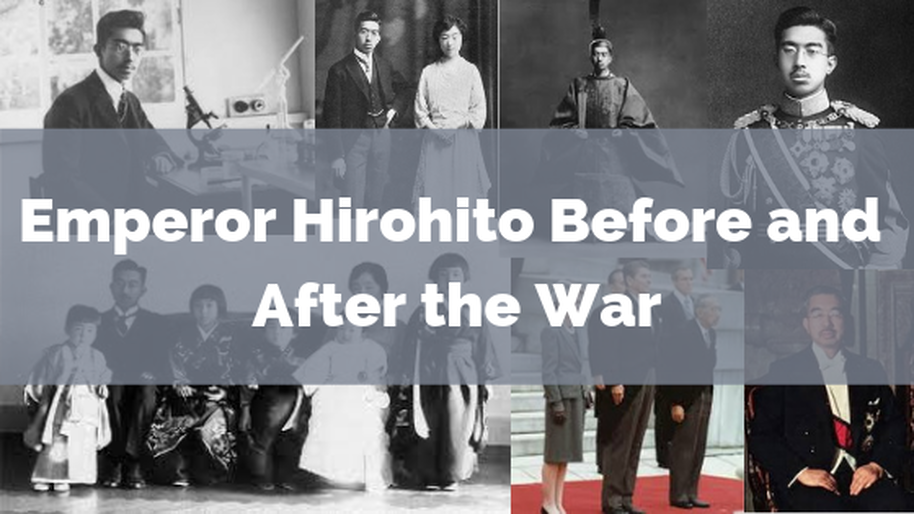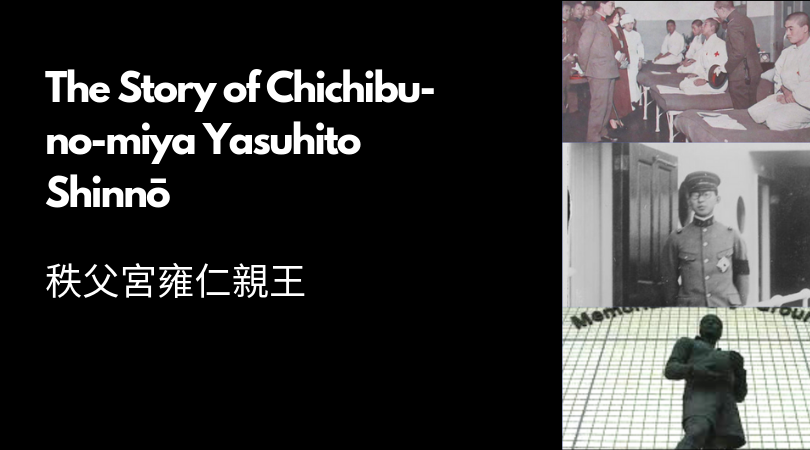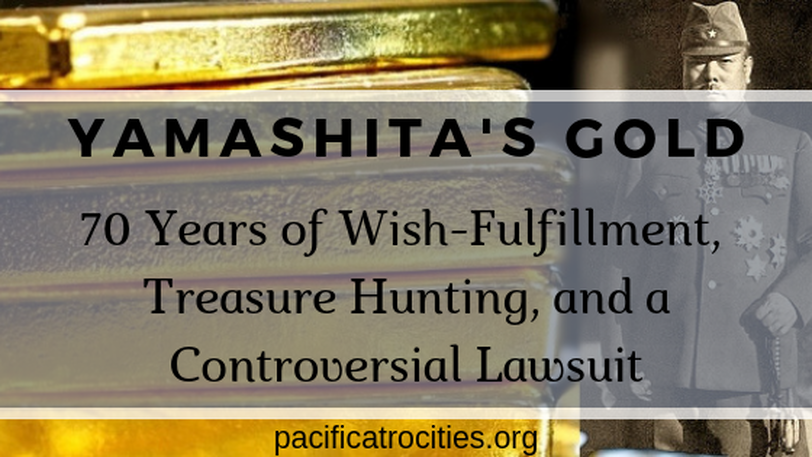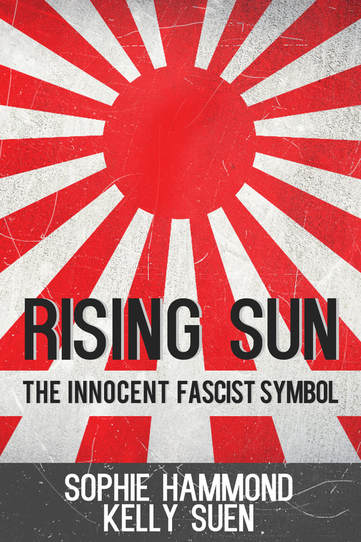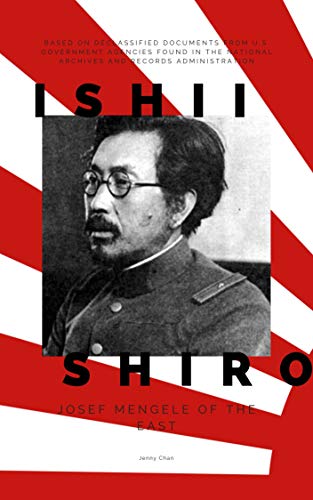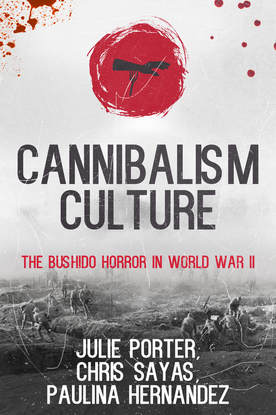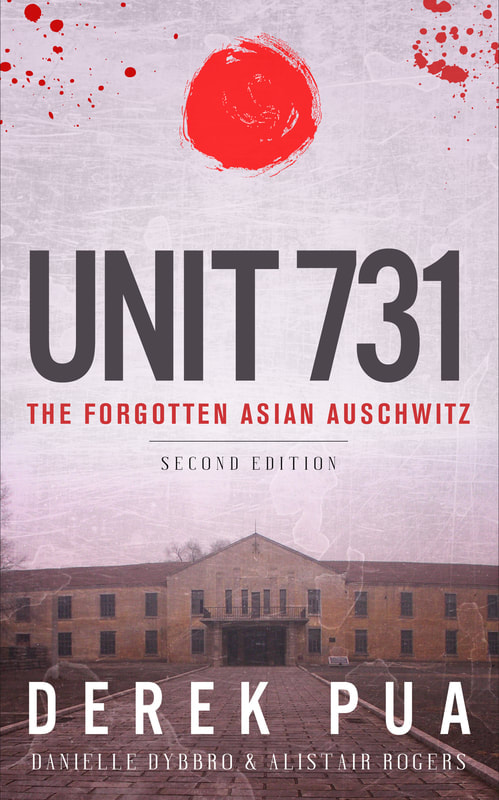|
by Jessica Leung
“That’s all you have to say! I think the highest symbol of human irresponsibility is the Emperor! Followed by officers like you!”
- Okuzaki, The Wages of Guilt: Memories of War in Germany and Japan.
Emperor Hirohito was a complex political figure of war: he was responsible for the rise and fall of Imperial Japan before and after World War 2. He ascended to the Japanese throne on December 25th, 1926; a significant time in history for Japanese imperialism view which led to expansionism until Japan’s surrender to the Allied forces at the end of the war. Although he was as responsible as the rest of his army in committing crimes in the Pacific Asia War, he was able to negotiate with the west to escape prosecution. In fact, he was not even called as a witness during the whole Tokyo Trial as his deal with the United States kept the Supreme Shrine out of the trial. Under his leadership, not only did Japan would rise industrially in just 80 years, Japan would emerge a new era in the reconstruction of modern Japan. Since the day he was born, he was regarded as a deity traditionally by the nation-state a symbol of Japanese unity and imperial greatness. However, the people on the political left did not feel the same about imperialism as the right, and on February 26th 1926, a coup was staged by young officers disgruntled by the upper classes neglect of their citizens and only focusing on building their own wealth. Emperor Hirohito was almost assassinated through this episode of the uprising. Although this coup failed and the young officers were executed causing social chaos, this incident shaped the way he ruled. He was more careful than any other emperors before him and hid behind his counsel. The right used this incident to make the monarchy to shift his policies more right and nationalistic. 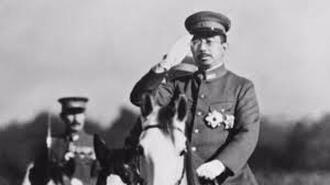
This rising nationalistic sentiment was transferred into the education system. Racism against their neighboring countries was introduced in the schools. Children were taught that they were better than people from other nations. Racism would make it easier for them to erase any guilt when murdering their supposed inferiors.
During his reign, Hirohito was known as a man of mystery. His notes and letters were often confusing to his cabinet. In his notes, he did not initially want to pursue the war but went along the decisions of ministers that saw war as a method to generate revenue and escape their depression to boost their economy. Although there are myths after the war that depict him as merely a figurehead of the Japanese state influenced by the sole decision making by the military, it was far from the truth. Hirohito often reprimanded his generals when they took decisive military action without his stamp of approval. For example, on September 8th, 1937, the Marco Polo bridge incident in China would escalate into a full- scale war led to full-scale Sino-Japanese war, Hirohito played an active role in directing his military. According to Bix, author of Hirohito and the Making of Modern Japan, “But once he had learned the true facts, he not only failed to punish the wrongdoers but actively joined in aiding and abetting the army’s seizure of Manchuria. In these ways, Hirohito allowed the military in general and army field commanders, in particular, to effectively take over Japan’s China policy and turn it openly aggressive”. The myth of the Emperor not having significant military influence as a passive emperor has been debunked and his decision making during the war was a national effort between his general, cabinets, and ministers. He also had the reservation to either approve or disapprove judgments to declare war. He was aware of the atrocities during the Pacific Asia War but did nothing to stop them. He was also briefed and consulted about the attack on Pearl Harbor on December 7th, 1941 and the Kamikaze attacks on the American Island that housed their naval fleet and American troops that were harmed during this attack which propelled American participation into the Pacific War. Since the Emperor part of the decision making during the war, the myth of him being a political figurehead or “puppet Emperor” was eliminated. Hirohito’s most trusted adviser Hideki Tojo strategically wanted to eliminate any possible help that Chiang Kai Sheik's troops would have from the Americans. One of their motives were that they were slighted by the United States decision to sell them oil and steel which they desperately needed to further their war efforts. Thus, expanding their territories into places where they would have resources that they would need for survival in the war to support their troops, manufacture weapons, as well as general labor from their territories. Pearl Harbor was an entryway to accessing the Philippines as well which was an American territory at the time. The Philippines were also attacked 10 hours after Pearl Harbor. There were three main reasons why the Japanese went to seize the Philippines right after Pearl Harbor. One was to remove it as a base for Americans, supplies, and lastly to connect the lines of communications for them and the home islands. The outcome was a success and it was noted that the Emperor was very pleased with the outcome of the attack on Pearl Harbor by his adviser Hideki Tojo. Near the end of the war, he refused to surrender after the first atomic bomb was dropped. At this point in the war, it was obvious that Japan had no opportunity of winning the war. His refusal to surrender only led to the 2nd atomic bomb, which got him desperate to surrender. But he was also too afraid to face justice and decided to strike a deal with MacArthur to avoid facing trial. Near the end of the war, he would be denying any allegations of him as a war criminal that provided a written account of what his responsibilities were during the war that depicted his innocence. After his announcement of his decision to surrender to the Japanese populace on August 5th, 1945 he was the first Emperor to directly speak to the general public. After the war, he was protected by the Cold War as well as the United States. Emperor Hirohito became an ordinary again after the war and Japan became an important base for the United States during the Cold War. MacArthur protected him from facing trials as a war criminal not only due to the Cold War strategy but also due to the necessity in keeping Japan unified during post-war reconstruction to prevent revolts from those who were devastated by the atomic bomb. He remained on the throne as a constitutional monarch for 42 years until his death on January 7th, 1989. References
Related ArticlesRelated Books
2 Comments
Jessica Leung gives a short , hopefully accurate account of
Reply
Leave a Reply. |
- Home
- Stories
-
Internship
- Summer 2024 Internship
- Summer 2023 Internship
- Fall 2022 Internship
- Summer 2022 Internship
- Summer 2021 Internship
- Fall 2020- Spring 2021 Internship
- Summer 2020 Internship
- Fall 2019 Internship
- Summer 2019 Internship >
- School Year 2018-2019 Internship
- Summer 2018 Internship >
- Fall 2017 Internship
- Summer 2017 Internship >
- Books
- Archives
-
Resource Page
-
Supplementary Research Guides
>
- Unit 731 - Guide >
-
Philippines' Resistance - Guide
>
- Philippines World War II Timeline
- The Japanese Invasion & Conquest of the Philippines
- Bataan Death March
- Formation of Underground Philippines Resistance
- Supplies of the Guerrilla Fighters
- The Hukbalahap
- Hunter's ROTC
- Marking's Guerrillas
- United States Army Forces in the Philippines of Northern Luzon (USAFIP-NL)
- The Aetas
- Chinese and Filipino-Chinese Nationalist Guerrilla Units
- The Female Faces of the Philippine Guerrillas
- Rising Sun Flag - Guide >
- Pinay Guerrilleras - Guide >
- Fall of Singapore - Guide >
- Three Years and Eight Months - Guide >
- Siamese Sovereignty - Guide >
- The Khabarovsk War Crimes Trial - Guide >
- Unit 731 Cover-up : The Operation Paperclip of the East - Guide >
- Marutas of Unit 731 - Guide >
- Prince Konoe Memoir - Guide >
- Competing Empires in Burma - Guide >
- Battle of Shanghai - Guide >
- Ishi Shiro - Guide >
- Taiwan The Israel of the East - Guide >
- Seeking Justice for Biological Warfare Victims of Unit 731 - Guide >
- Rice and Revolution - Guide >
- Clash of Empires - Guide >
-
Hunger for Power and Self-SufficiencyI - Guide
>
- The Influence of War Rations on Post-War Culinary Transformations
- How World War II Complicated Food Scarcity and Invention
- American Military Innovations
- Government-Sponsored Food Inventions in Europe during World War II
- Feeding the Army: The Adaptation of Japanese Military Cuisine and Its Impact on the Philippines
- Mixed Dishes: Culinary Innovations Driven by Necessity and Food Scarcity
-
Denial A Quick Look of History of Comfort Women and Present Days’ Complication - Guide
>
- The Comfort Women System and the Fight for Recognition
- The Role of Activism and International Pressure
- The Controversy over Japanese History Textbooks
- The Sonyŏsang Statue and the Symbolism of Public Memorials
- Activism and Support from Japanese Citizens
- The Future of Comfort Women Memorials and Education
- Echoes of Empire: The Power of Japanese Propaganda - Guide >
- Lesson Plans >
-
Supplementary Research Guides
>
|
Pacific Atrocities Education
730 Commercial Street San Francisco, CA 94108 415-988-9889 |
Copyright © 2021 Pacific Atrocities Education.
We are a registered 501 (c)(3) charity. |
- Home
- Stories
-
Internship
- Summer 2024 Internship
- Summer 2023 Internship
- Fall 2022 Internship
- Summer 2022 Internship
- Summer 2021 Internship
- Fall 2020- Spring 2021 Internship
- Summer 2020 Internship
- Fall 2019 Internship
- Summer 2019 Internship >
- School Year 2018-2019 Internship
- Summer 2018 Internship >
- Fall 2017 Internship
- Summer 2017 Internship >
- Books
- Archives
-
Resource Page
-
Supplementary Research Guides
>
- Unit 731 - Guide >
-
Philippines' Resistance - Guide
>
- Philippines World War II Timeline
- The Japanese Invasion & Conquest of the Philippines
- Bataan Death March
- Formation of Underground Philippines Resistance
- Supplies of the Guerrilla Fighters
- The Hukbalahap
- Hunter's ROTC
- Marking's Guerrillas
- United States Army Forces in the Philippines of Northern Luzon (USAFIP-NL)
- The Aetas
- Chinese and Filipino-Chinese Nationalist Guerrilla Units
- The Female Faces of the Philippine Guerrillas
- Rising Sun Flag - Guide >
- Pinay Guerrilleras - Guide >
- Fall of Singapore - Guide >
- Three Years and Eight Months - Guide >
- Siamese Sovereignty - Guide >
- The Khabarovsk War Crimes Trial - Guide >
- Unit 731 Cover-up : The Operation Paperclip of the East - Guide >
- Marutas of Unit 731 - Guide >
- Prince Konoe Memoir - Guide >
- Competing Empires in Burma - Guide >
- Battle of Shanghai - Guide >
- Ishi Shiro - Guide >
- Taiwan The Israel of the East - Guide >
- Seeking Justice for Biological Warfare Victims of Unit 731 - Guide >
- Rice and Revolution - Guide >
- Clash of Empires - Guide >
-
Hunger for Power and Self-SufficiencyI - Guide
>
- The Influence of War Rations on Post-War Culinary Transformations
- How World War II Complicated Food Scarcity and Invention
- American Military Innovations
- Government-Sponsored Food Inventions in Europe during World War II
- Feeding the Army: The Adaptation of Japanese Military Cuisine and Its Impact on the Philippines
- Mixed Dishes: Culinary Innovations Driven by Necessity and Food Scarcity
-
Denial A Quick Look of History of Comfort Women and Present Days’ Complication - Guide
>
- The Comfort Women System and the Fight for Recognition
- The Role of Activism and International Pressure
- The Controversy over Japanese History Textbooks
- The Sonyŏsang Statue and the Symbolism of Public Memorials
- Activism and Support from Japanese Citizens
- The Future of Comfort Women Memorials and Education
- Echoes of Empire: The Power of Japanese Propaganda - Guide >
- Lesson Plans >
-
Supplementary Research Guides
>
